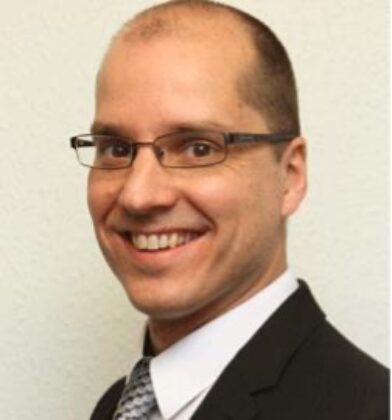EIE2023 Speakers
Our EIE2023 keynote speakers:
Kathryn Oliver (UK)
Kathryn is a social scientist with interests in how evidence is made and used in public policy, particularly around theorising this relationship and evaluating interventions which seek to improve evidence use. She is currently seconded to the UK Government Office for Science, where she works closely with funders and science advisors to improve the science system, and with Annette Boaz co-directs the Transforming Evidence initiative, a global collaborative seeking to bring together learning and practice from different sectors and disciplines to improve research on evidence use.
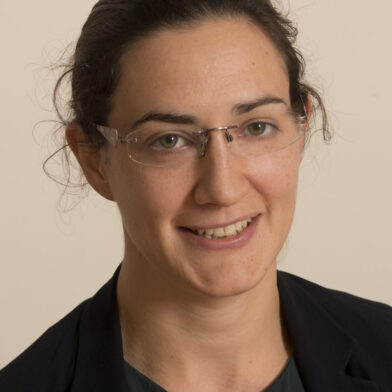
BinBin Jiang Pearce (NL)
BinBin is an assistant professor for policy analysis and design in the Faculty of Technology, Policy and Management, at the Delft University of Technology, based in the Netherlands. Her research interests include studying public participation processes in the energy transition through a transdisciplinary lens, policy design for the energy transition, collaborative decision making for sustainable development, joint problem framing processes, and integrated systems and design thinking. She is the coordinator and lead principal investigator of the Horizon 2020 project Energy Citizens for Inclusive Decarbonization (ENCLUDE). The goals of this project are to improve the integration of insights from social sciences for integrated assessment, demand-side and agent-based models to understand the impact of individual and collective behavior on decarbonization pathways, as well as to work directly with citizens around the world to build a collective understanding of the energy transition. She has also developed an approach for complex problem solving integrating design and systems thinking for university students that has been the foundation of an award-winning course for environmental science students at ETH Zurich. She was trained as an environmental engineer at Stanford University and received a PhD from the Yale School of Forestry and Environmental Studies focused on urban metabolism and industrial ecology.
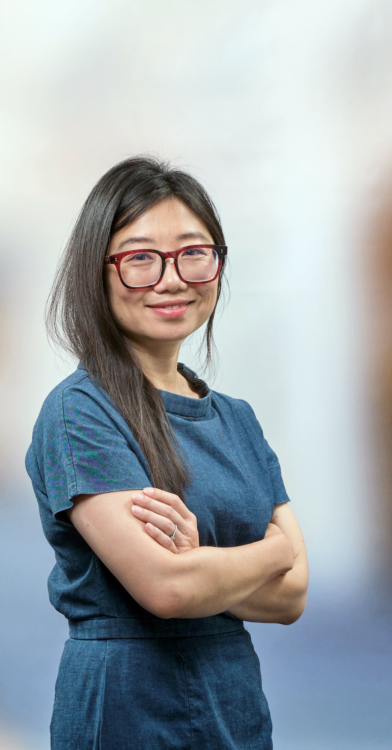
Ana Baumann (US)
Ana Baumann’s research agenda focuses on identifying strategies to facilitate the implementation and dissemination of evidence-based interventions in low-resource settings nationally and globally.
She is a co-director of the Dissemination and Implementation Research Core (DIRC), a methods core at the Institute of Clinical and Translational Sciences (ICTS) that provides methodological expertise to advance translational research to inform and move efficacious health practices from clinical knowledge to routine care. Through DIRC, she has supported numerous investigators in receiving federally studies aiming to accelerate the use of evidence-based interventions or guidelines in different settings of care.
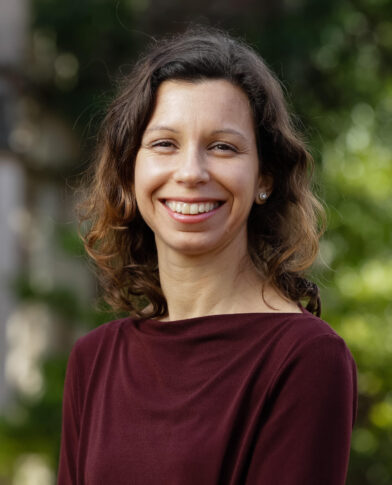
Stephanie Brooks (CA)
Stephanie Brooks is the Program Coordinator for Engagement for the Alberta Strategy for Patient Oriented Research Support Unit. She is an intermediary/knowledge mobilization specialist who manages a program of work dedicated to leveraging implementation science to strengthen Alberta’s provincial learning health system. Her work includes facilitating implementation science collaborations, building implementation science capacity, and researching knowledge application models in learning health system contexts.
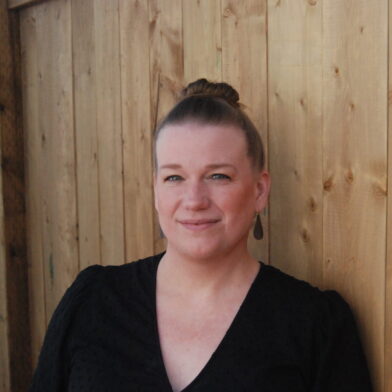
Tim Rapley (UK)
Tim is a medical sociologist with an interest in social studies of medical and social care work, research and practice. He undertakes detailed empirical studies that seek to understand the everyday, taken-for-granted, aspects of medical, health and social care work. A focus on what people actually do, as opposed to only what they think they do, or they tell you they do, can offer unique, practical and tailored solutions. His work focuses on three substantive areas: the implementation of care, the organisation of care and social studies of qualitative research.
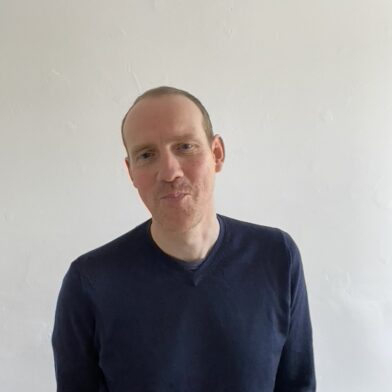
Our EIE2023 workshop speakers:
Shari Rogal (US)
Shari Rogal, MD, MPH, is an Associate Professor in the Departments of Medicine and Surgery at the University of Pittsburgh, Co-Director of the IMPACT and Implementation Lab Cores at Pitt’s Clinical and Translational Science Institute, and a Core Investigator and staff transplant hepatologist at the VA Pittsburgh Healthcare System. A Pittsburgh native, Dr. Rogal’s research interests include liver transplant outcomes with a focus on addiction and pain in patients with chronic liver disease. She is passionate about using implementation science to address health disparities.
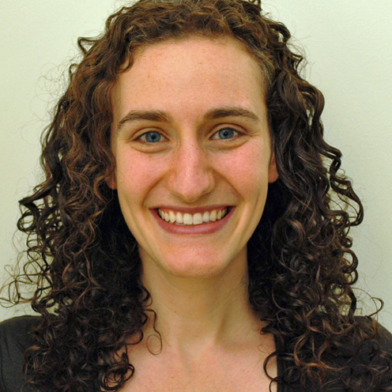
Caitlin Reardon (US)
Ms. Reardon studied Health Behavior and Health Education at the University of Michigan School of Public Health. She is a qualitative methodologist and a developer of both the updated CFIR and the CFIR Outcomes Addendum. Ms. Reardon was trained and mentored by Ms. Laura Damschroder, the lead developer of the original CFIR, and has over 10 years of experience using the framework to plan and evaluate the implementation of diverse evidence-informed practices within and outside of healthcare settings; she has conducted and analyzed hundreds of CFIR-based interviews. In addition, she has worked with and/or trained over 100 investigators and analysts in the US and abroad on using the CFIR.

Bianca Albers (CH)
Bianca Albers, PhD, is a postdoctoral researcher at the University of Zurich’s Institute for Implementation Science in Health Care. She studies how to enhance the capacities of organisations and service systems to develop, implement and sustain research-supported interventions, among others in areas such as infection prevention and control and cancer screening. Systematic knowledge synthesis and qualitative methods are central tools in this work. Before joining academia, Bianca worked in both government, and non-government organizations in Denmark and Australia with a focus on enabling the uptake and use of research findings in child and family services and early childhood education. With a background in political science, she also maintains a strong interest for the interface between implementation science and policy implementation. Bianca is a co-founder and former chair (now member) of the European Implementation Collaborative (EIC).
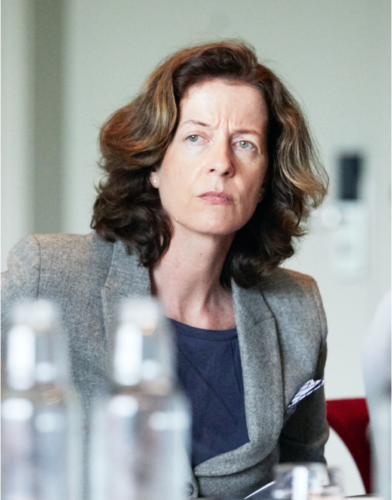
Eva Alisic (AUS)
Professor Eva Alisic is based at the Melbourne School of Population and Global Health, Australia. She studies how young people and families deal with traumatic experiences and disadvantage, with the aim of improving support and services. Eva collaborates extensively with people with lived experience, policy-makers, artists and a wide range of health, education and justice practitioners. Eva is a former co-chair of the Global Young Academy and has co-chaired the InterAcademy Partnership’s project on science academies’ role in achieving the UN Sustainable Development Goals. She has a keen interest in supporting early- and mid-career scholars, and has co-developed the Africa and ASEAN Science Leadership Programs. Eva has a Diploma of Visual Arts. Her works address both the content and process of her research.
Pre-conference Workshop: Creative Avenues for Impact.
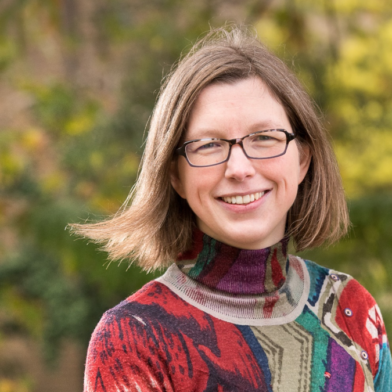
Allison Metz (US)
Allison Metz, Ph.D., is a developmental psychologist with expertise in child development and family systems and a commitment to improving child and family outcomes and advancing equity. Allison specializes in the implementation of evidence to achieve social impact for children and families in a range of human service and education areas, with an emphasis on child welfare and early childhood service contexts. Allison is Professor of the Practice and Director of Implementation Practice at the School of Social Work, Faculty Fellow at the FPG Child Development Institute, and Adjunct Professor at the School of Global Public Health at The University of North Carolina-Chapel Hill. She is also an Adjunct Professor at the School of Medicine at Trinity College Dublin. Allison previously served as Director of the National Implementation Research Network and Lead of the Implementation Science Division at the FPG Child Development Institute where she also served as a Senior Research Scientist for 13 years. Allison’s research interests include the role of trust, power and relationships in evidence use, competencies for supporting implementation, and co-creation strategies to support sustainable change. She is particularly interested in the development of a workforce for supporting implementation in public systems. Allison is co-chair of the Institute on Implementation Practice and founding director of the Collaborative for Implementation Practice at UNC-Chapel Hill School of Social Work. She is the co-editor of the widely read volume Applying Implementation Science in Early Childhood Programs and Systems.
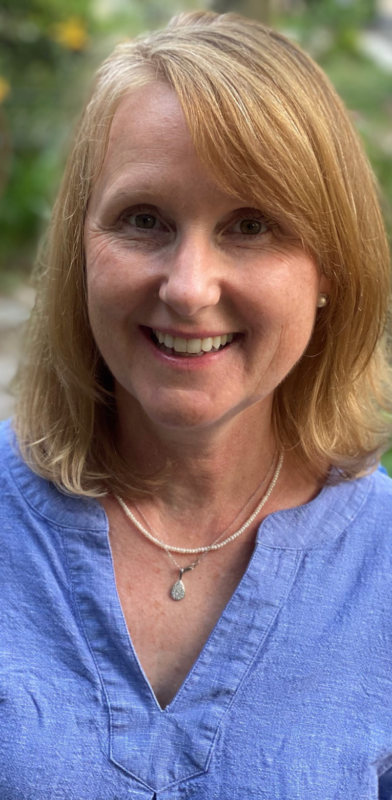
Amanda Farley (US)
Amanda Farley is an implementation specialist in the School of Social Work at the University of North Carolina at Chapel Hill. In her current role, Amanda provides technical assistance on implementation science best practices and coordination across a number of projects within child welfare, early childhood, and philanthropic settings. Amanda previously served as the statewide administrator for Child Welfare Supportive Housing Initiatives at the New Jersey Department of Children and Families, where she oversaw implementation of supportive housing programming for child welfare-involved families and engaged in grantmaking processes to ensure purchased services addressed the needs of children and families being served. Amanda graduated summa cum laude from the Pennsylvania State University, receiving bachelor’s degrees in sociology and international politics.
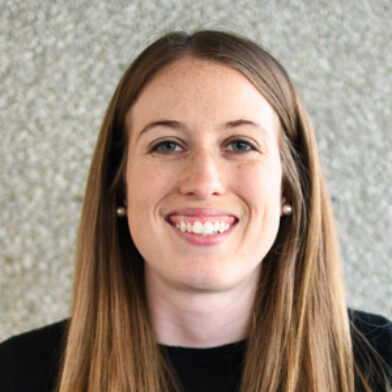
Lacy Dicharry (US)
Lived experience. Academic rigor. Professional triumph. Some of the world’s most successful speakers, leaders, and coaches rely on just one of these credentials in their work. Lacy Dicharry combines all three to deliver empowerment and actionable insight to every audience she reaches. A survivor of childhood trauma and the trials of the foster care system, Lacy’s story of personal strength and resilience began at a young age. Resulting battles with mental health and addiction were to follow. To some, a story of perseverance. For Lacy, a journey to becoming the person she was meant to be. Lacy has earned designation as a Master of Business Administration, a dual Master of Science in both Counseling Psychology and Leadership and Human Resource Development and is actively completing her PhD in Philosophy, Leadership and Human Resource Development. Her research centers on the same objective that forms the foundation of her career as both a speaker and workforce champion: revolutionizing leadership. Lacy’s approach to leadership development fosters an environment where culture and collaboration flourish, creating a workplace where every voice is represented. She has been instrumental in transforming corporate environments, youth engagement efforts, and advocacy programs. She has worked across the U.S. and internationally in a variety of high profile roles, bringing innovative solutions to high stakes challenges. In concepts including transformational leadership and healing-centered leaders, Lacy Dicharry lives to empower others to transform the way they live, the way they lead, and the world around them. Lacy has dedicated her life to becoming a force for positive change in organizations around the world. Lacy is a fearlessly authentic leader, speaker, and individual. By sharing her challenges, her experiences, and her transformation with the world, Lacy connects with her audiences in a way nobody else does, because she brings to her work what nobody else can.

Marita Brack (UK)
Marita Brack is the Associate Director for Psychology within NHS Education for Scotland, and has worked as a Clinical Psychologist for 25 years. Her clinical work has principally been within specialist mental health services for children, young people and their families, both in Scotland and Australia. Marita has also worked within university settings in relation to the training of Applied Psychologists, and was the Clinical Practice Director on the MSc in Applied Psychology for Children and Young People, delivered in partnership between the NHS and the University of Edinburgh. Marita joined NES in 2010 as the Head of Programme for the Parenting and Infant Mental Health workstream, within the Psychology Directorate, and through this role has led on the development and implementation of several strands of work, including the Psychology of Parenting Project (PoPP), the NES Infant Mental Health training plan, the Early Intervention Framework, and most recently Marita has been co-leading on the implementation of the Enhanced Psychological Practice-Children and Young People certificate level course that has been created within NES. Marita has a long-standing interest in early intervention and prevention approaches to strengthening mental health and wellbeing, evidence-based parent-child relationship interventions and public health.
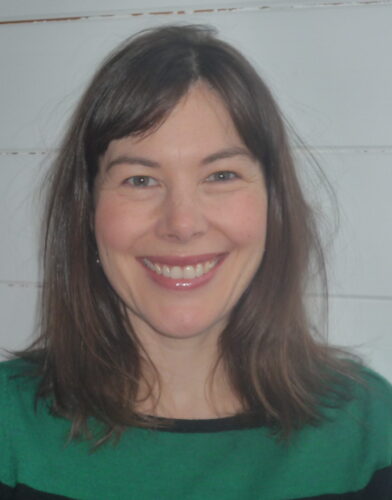
Todd Jensen (US)
Todd Jensen, PhD, MSW is a Research Assistant Professor in the School of Social Work, the Associate Director for Research in the Collaborative for Implementation Practice, and a Family Research and Engagement Specialist in the Jordan Institute for Families at the University of North Carolina at Chapel Hill. His scholarship focuses on promoting family well-being in diverse contexts; strengthening family-serving systems; and centering equity in family research, practice, and policy. He is a Fellow of the Society for Social Work and Research and co-founder and co-chair of the Diverse Family Structures Focus Group of the National Council on Family Relations, which has amassed over 130 scholars across the country and globe aiming to align research, practice, and policy with the complex realities of family relationships. He is also the leader of the Family Measurement Node and Steering Committee Member of the Life Course Intervention Research Network. As an educator, Dr. Jensen specializes in delivering graduate-level content related to family dynamics, child development, program evaluation, and advanced quantitative methodology.
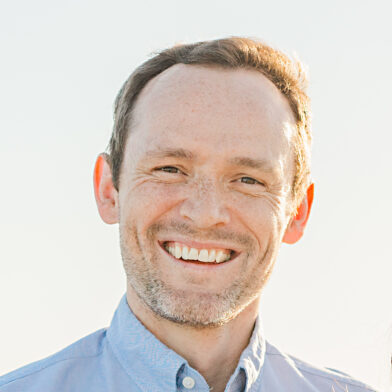
Katie Burke (IRE)
Katie is Chief Operating Officer at The Corporate Governance Institute where she is a member of the Senior Leadership Team. The Corporate Governance Institute is a global educational technology company based in Ireland, specialising in training and educating the next generation of company directors and board members. Katie leads the development of new educational programmes, develops and engages with Faculty and oversees the Operations team responsible for learner support and assessments. She is also responsible for talent development and management. Prior to this, Katie was a member of the senior leadership team at the Centre for Effective Services (CES). Katie has particular expertise in scaling organisations and services, building teams and developing partnerships. Katie has also worked in strategy and management consulting in Ireland and France with financial services, healthcare, public sector and non-profit clients. Katie is an experienced board member of Irish and international organisations and author of many guides on implementation, used in policy and services in Ireland and internationally. She is a board member of the European Implementation Collaborative (EIC).
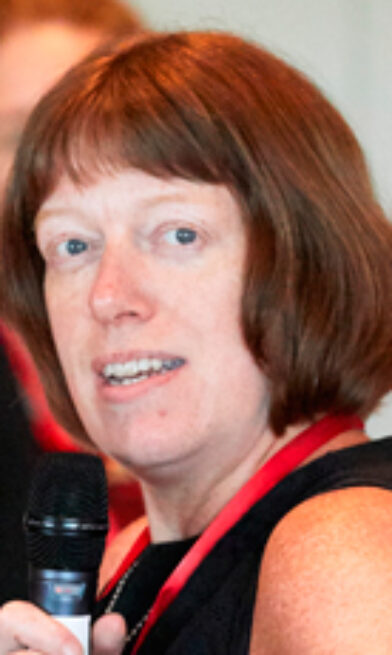
Cecilie Varsi (NO)
Cecilie Varsi, RN, PhD, holds the position of vice dean for research and entrepreneurship at the Faculty of Health and Social sciences at the University of South-Eastern Norway. Her research interests center around the implementation of evidence-based interventions to health care practice, and in particular the implementation of digital solutions to support patients, health care providers and other stakeholders. Cecilie is the current chair of the European Implementation Collaborative (EIC). She was also central to the establishment of the Norwegian Network for Implementation Research (NIMP).
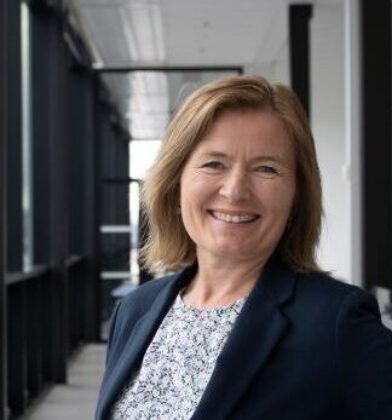
Heather Rogers (ES)
Heather is an Ikerbasque Research Associate at Biocruces Bizkaia Health Research Institute in Bilbao (Basque Country), Spain. She is a member of the Research in sciences of dissemination and implementation in health services group within the Primary health care, prevention, and chronic disease research area. Her background is in behavioral, health, and medical psychology and public health. She has been conducting research in collaboration with primary care research practice networks and in primary care settings for 15 years. Her current work relates to strengthening the practice of family and community medicine within European health and social care systems. She is particularly interested leveraging methodologies from implementation science to advance sustainable changes with respect to health promotion, mental health, and person-centred care. From 2020-2022, she provided non-binding independent advice to the European Commission Directorate-General for Health and Food Safety (DG SANTE) as a member of the Expert Panel on Effective Ways of Investing in Health (EXPH). She is a board member of the European Implementation Collaborative (EIC).
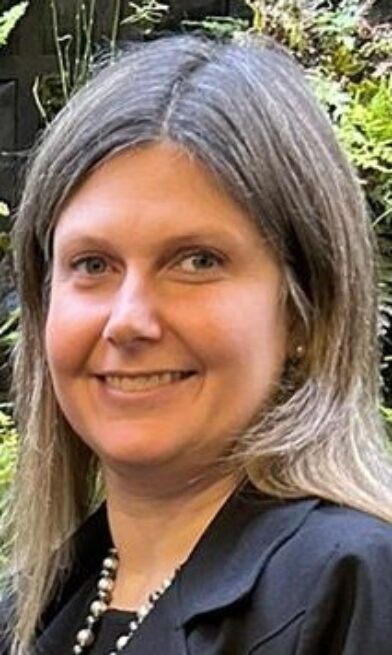
Mandy Cheetham (UK)
I am employed at Northumbria University as Research Fellow for the National Institute for Health and Care Research (NIHR) Applied Research Collaboration (ARC) North East and North Cumbria (NIHR200173). My role is to support the Knowledge Mobilisation and Implementation Science theme. My research interests focus on knowledge mobilisation, research and evidence use in public health, embedded research, qualitative research methods, public involvement and community engagement to address inequalities. Current collaborative projects include a mixed methods study of place-based, community-centred approaches to mental health and an evaluation of the mental health effects of UK welfare reform focusing on Universal Credit.
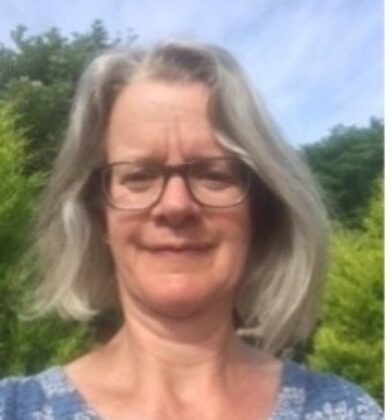
Peter van der Graaf (UK)
Peter is an Associate Professor in Public Health at Northumbria University, where he manages the AskFuse service. AskFuse is the rapid response and evaluation service of Fuse, the Centre for Translational Research in Public Health, which supports collaborative projects between academics and policy and practice partners in the North East of England and beyond. He is Deputy-Lead for the Knowledge Mobilisation and Implementation Science theme within the NIHR Applied Research Collaboration (ARC) for the North East and North Cumbria (NENC), and a member of the NIHR Public Health Intervention Response Studies Team (PHIRST Fusion), which supports local authorities across the UK with evaluating their interventions. For example, he is leading an evaluation of the Whole Systems Approach to Child Healthy Weight in Dundee applying a peer research approach. Previously, he held a prestigious NIHR Knowledge Mobilisation Research Fellowship, using ethnographic research to evaluate a System-Led Improvement Approach to Best Start in Life that developed professional peer reviewers between local authorities to improve evidence-informed decision making. Peter is interested in the interface between research, practice and policy making and how this interface facilitates (or hinders) social improvement processes at local, regional, national and international levels. He conducts research on knowledge mobilisation in public health, with a focus on the wider determinants of health (e.g. housing, health landscapes, urban regeneration) and how they affect people's health and wellbeing.
